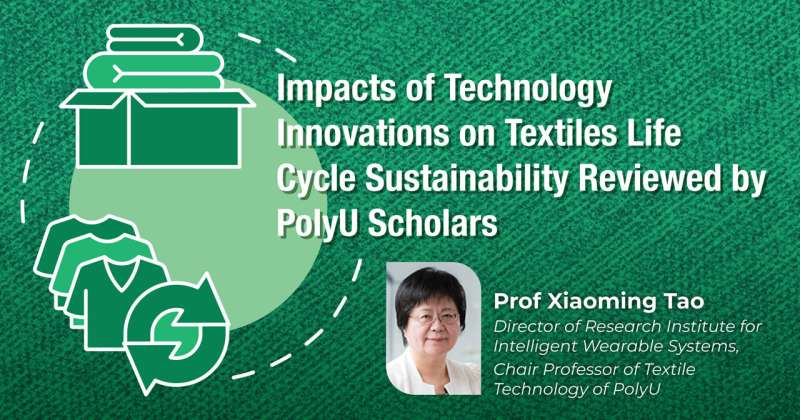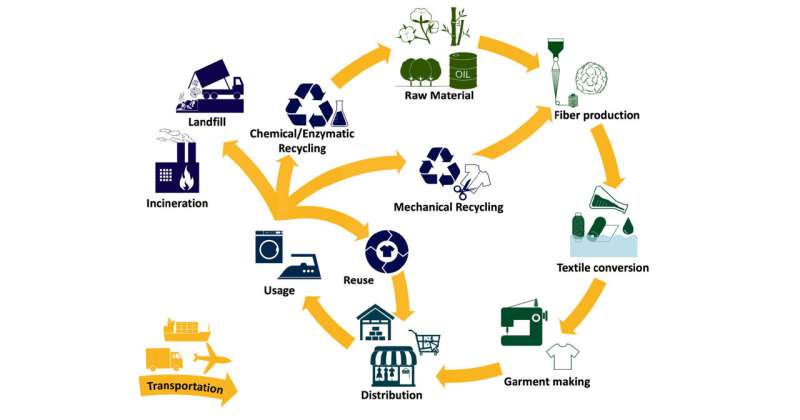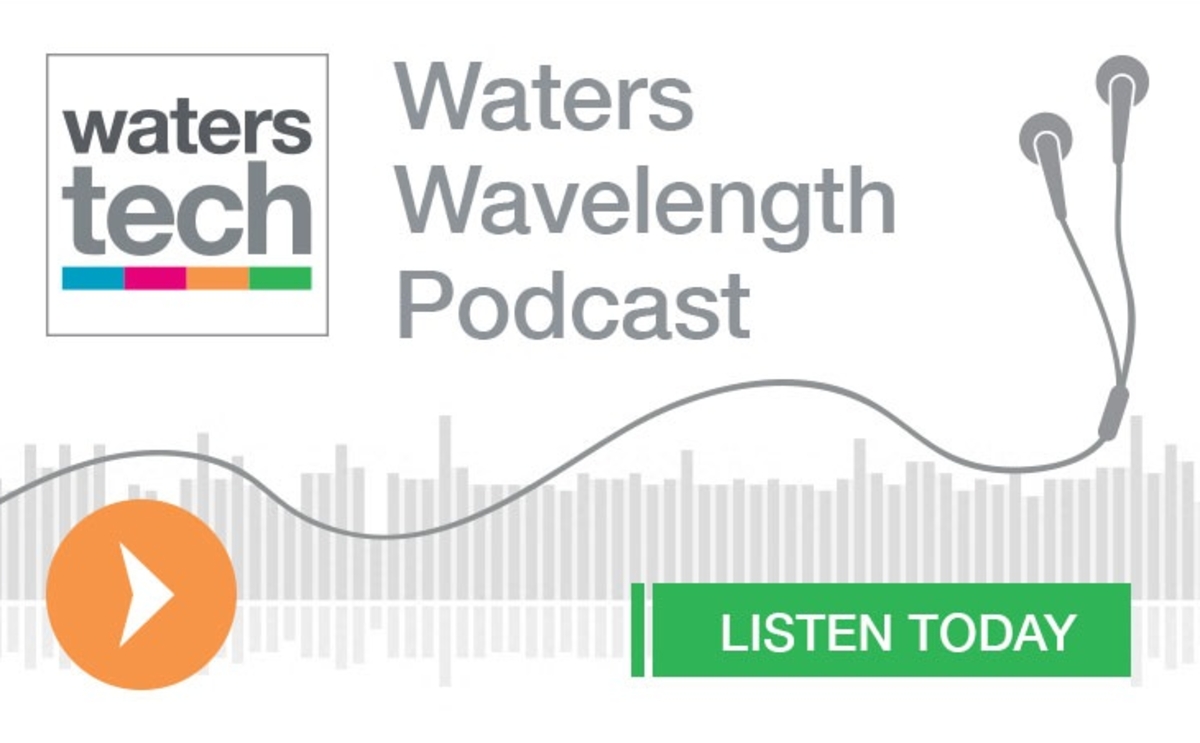
The life cycle of textile merchandise spanning from uncooked supplies to fiber manufacturing, textile conversion, distribution and disposal contributes to five%–10% of world greenhouse gasoline emissions. As well as, textile trade accounts for the second largest consumption of the world’s water provide, and it significantly pollutes waterways with microplastics and colorants.
With this vital implication on setting and human, the Hong Kong Polytechnic College (PolyU) has unveiled a analysis research to evaluate expertise improvements for advancing sustainability of textiles.
Prof. Xiaoming Tao, director of the Analysis Institute for Clever Wearable Techniques and Chair Professor of Textile Know-how of PolyU and Dr. Svetlana Boriskina of Massachusetts Institute of Know-how have teamed as much as research technological improvements to bolster and speed up inexperienced transformation of textiles. The research entitled “Advancing life cycles sustainability of textiles by way of technological improvements” was revealed in Nature Sustainability. The analysis highlighted a scientific analytical framework, which identifies and elucidates impactful textile expertise developments.
The analysis group analyzed impacts of inexperienced applied sciences for textiles based mostly on the 17 Sustainable Growth Targets outlined by the United Nations Agenda 2030, significantly these regarding the deployment of pure sources, power and environmental impacts. The research collected 22,724 publications throughout the previous ten years, through which 940 had been screened and 215 had been studied in particulars.

Within the research findings, sustainability by way of improvements in uncooked and fiber supplies, manufacturing applied sciences and textile recycling are mentioned as future analysis and improvement course for the trade. These technological developments may additionally speed up inexperienced transformation of textiles to attain sustainability.
The research covers matters in:
- inexperienced sciences and course of based mostly on high-throughput
- data-driven discovery research to determine and develop sustainable substitute for artificial polyester and nylon fibers
- biomass-based and degradable fiber-forming supplies
- organic science on cultivation of insect- and disease-resistant plant seeds that require much less water
- waterless and less-water coloration
- discount or elimination of manufacturing steps
- mono-materially in textiles for proactive materials restoration
Prof. Tao mentioned, “The analysis group spent two years to critically research main expertise developments in each trade and laboratories, and their impacts on sustainability in a cradle-to-grave vogue. The group examined the state-of-the-art expertise developments meant to unravel sustainability points all through the whole life cycle of textiles. This research paves the way in which for an open, systematic and qualitative large-scale information evaluation for sustainability analysis.”
Wanting forward, promotion of inexperienced science and expertise is essential to unravel sustainability points from the basis to finish of textiles life cycle. For example, giant scaled purposes of inexperienced fibers produced from bio-sources will get rid of the poor degradability and microfiber contamination from petroleum derived artificial fibers. Additionally, expertise developments will considerably cut back power and water use in textile conversion and consumption processes. Recycling, particularly mechanical recycling, will turn into a significant expertise for single-material or some mix textiles. Regardless of of challenges in adaptation, mono-material textiles will likely be presumably probably the most efficient design methods for proactive materials restoration and recycling effectivity.
Extra data:
Lisha Zhang et al, Advancing life cycle sustainability of textiles by way of technological improvements, Nature Sustainability (2022). DOI: 10.1038/s41893-022-01004-5
Quotation:
Examine opinions expertise improvements for advancing sustainability of textiles (2023, February 3)
retrieved 4 February 2023
from https://techxplore.com/information/2023-02-technology-advancing-sustainability-textiles.html
This doc is topic to copyright. Other than any honest dealing for the aim of personal research or analysis, no
half could also be reproduced with out the written permission. The content material is supplied for data functions solely.
Supply By https://techxplore.com/information/2023-02-technology-advancing-sustainability-textiles.html






